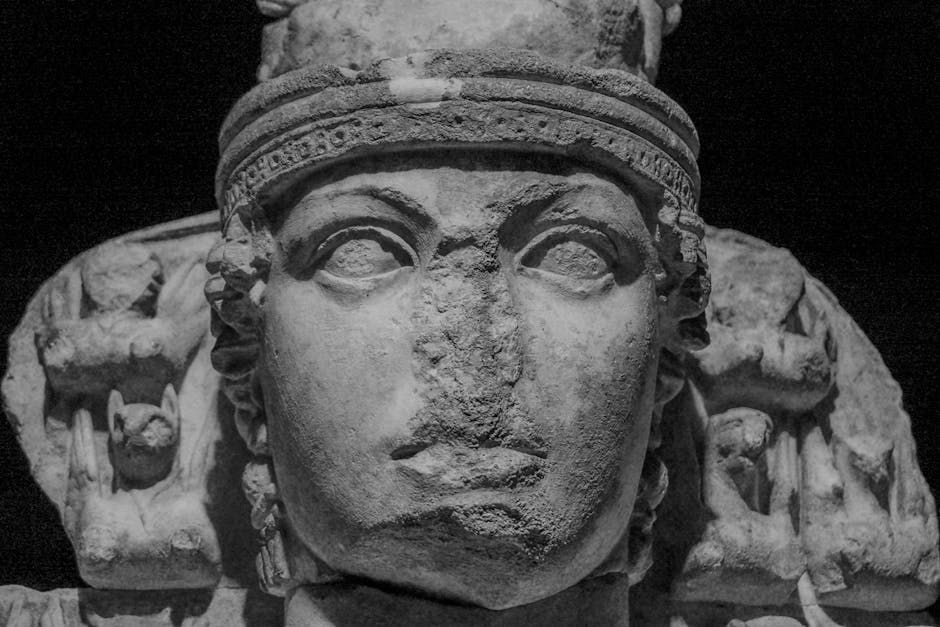Funding constraints frequently hinder research. Archaeological projects are often expensive, requiring substantial investment in equipment, labor, and analysis. Securing grants and funding from various sources governments, private institutions, and individuals is a constant struggle, frequently leading to truncated projects or limitations in scope. This often translates to fewer field seasons, smaller teams, and restricted access to advanced analytical techniques, potentially impacting the quality and depth of research. Furthermore, securing long-term funding for preservation and curation of discovered artifacts, crucial for the ongoing value of the research, presents an additional, persistent difficulty.
Access to sites themselves poses another layer of complexity. Many significant archaeological locations are situated in remote, challenging terrains, requiring extensive logistical planning and resources simply to reach the site. This includes navigating difficult landscapes, obtaining necessary permits from landowners or governments, and managing the transportation of equipment and personnel. In some cases, political instability or armed conflict makes access to sites entirely impossible, leaving valuable information inaccessible to researchers. Even when physical access is granted, potential hazards such as unstable ground, dangerous wildlife, and extreme weather conditions can significantly impact fieldwork and safety.
The very nature of archaeological materials contributes to inherent challenges. Many artifacts are fragile and susceptible to deterioration from environmental factors, requiring delicate excavation and preservation techniques. The passage of time has inevitably resulted in the fragmentation and decay of many objects, necessitating painstaking reconstruction and careful analysis of incomplete data. This often leads to interpretations based on incomplete evidence, highlighting the inherently inferential nature of archaeological interpretation.
Ethical considerations are paramount in archaeological research. The ethical treatment of human remains and associated grave goods necessitates sensitivity and respect for cultural heritage and potentially living descendants. Repatriation of artifacts to their communities of origin is an increasingly important aspect of responsible archaeology, often involving complex negotiations and a delicate balancing of scholarly interests and community rights. Furthermore, archaeological work must adhere to rigorous ethical standards, ensuring transparency, responsible data management, and avoidance of any actions that might cause harm to cultural heritage.
Technological advancements, while offering significant potential, present their own set of challenges. The rapid development of new analytical techniques like ground-penetrating radar, LiDAR, and DNA analysis demands ongoing professional development and considerable investment in training and equipment. The sheer volume of data generated by these technologies requires sophisticated computational analysis, placing demands on data management and interpretation capabilities. Interpreting and integrating data from various sources and techniques remains a complex task, requiring interdisciplinary collaboration and a nuanced understanding of potential biases inherent in different methodologies.
The interpretation of archaeological data is inherently complex and often fraught with ambiguity. Archaeologists must draw inferences from fragmented and incomplete evidence, relying on a wide range of scientific and humanistic methodologies. Developing robust interpretations necessitates a careful consideration of context, taking into account environmental factors, chronological timelines, and cultural practices. Different interpretations are often possible, requiring careful consideration of various perspectives and open communication of limitations and uncertainties within the research. This contributes to the inherent subjectivity in archaeological interpretation, particularly in matters of cultural significance and societal structure.
Finally, the dissemination of research findings presents a crucial challenge. Archaeological research should be accessible to a wider audience, not just specialists. Communicating complex research findings in a clear and engaging manner, while maintaining scientific integrity, requires effective communication skills and the ability to tailor presentations for various audiences. This includes writing accessible articles for popular science publications, developing engaging museum displays, and working collaboratively with journalists and media outlets. The task of translating highly technical results into public narratives is crucial for engaging the public in understanding the past and appreciating its significance for the present.
In conclusion, archaeology is a multifaceted discipline facing numerous challenges, spanning logistical, ethical, technological, and interpretative domains. Overcoming these hurdles requires a combination of innovative approaches, rigorous ethical standards, substantial funding, technological proficiency, and an unwavering commitment to careful, responsible research. The future of archaeological investigation depends on continued efforts to address these challenges and ultimately, to advance our understanding of the human past.
